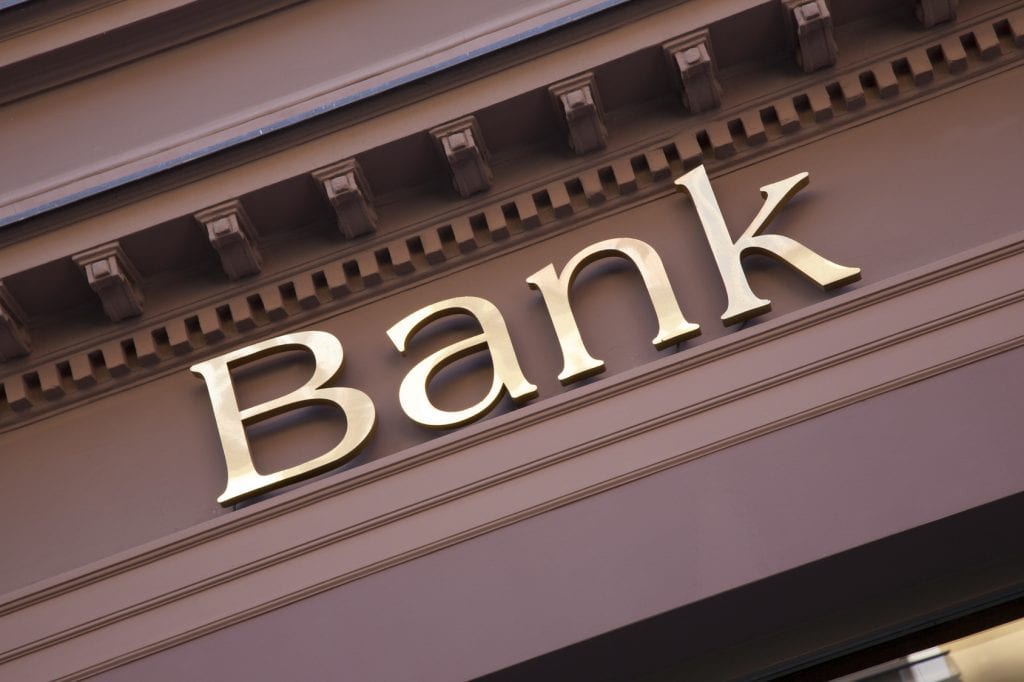The warning of impending natural cataclysms, such as hurricanes or volcanic eruptions, has been critical in improving rates of event survival for peoples living in the expected path of devastation. The advance knowledge allows folks to take precautions and adjust their patterns in anticipation of dramatic change. This is likely an overly dramatic illustration of impending regulatory driven changes in how data is shared and who ultimately exercise control in Europe (PSD2) and the U.K. (Open Banking), both going into force in January 2018, but it drives the point home that what was status quo at a foundational level is going to change, and those affected have known it was coming.
For open banking to truly work, these powerhouse banks need to commit fully to Chesbrough’s ideal of openness, even with competitors – not something they’re especially famous for.
Then there’s the regulations of the online data-sharing world; with PSD2 and the open banking standard moving ahead, regulators are obviously adapting and taking notice of the shifting landscape, but how long before the average consumer feels fully assured that their money is secure and private?
In a digital world where cyber warfare can be waged and hackers have the savvy to break through online barricades, sending sensitive financial data directly to third parties through APIs may feel scarier than going down to your local branch and dealing directly with the teller.
Even in view of the multitude of unknowns within the sector, however, experts are sure that open banking is the future. Perhaps those who are feeling weak at the knees over this eventuality should look to the Royal Bank of Scotland (RBS) for reassurance.
RBS is embracing open banking, assessing how APIs can help it engage with its customers, as well as how it can transform its in-house organisation. Alan Lockhart, Head of Open Banking and Fintech Solutions at RBS, claims that every bank will have to come to terms with open banking, whether they like it or not, because, as he told CNBC: “[It’s] the biggest change to the banking system since the invention of the chequebook.”
Mercator Advisory Group reckons the perception of inevitability played a role in convincing folks at large-scale banks that the technologic innovation was indeed going to chip away at their existing ecosystem, and that participating directly in the removal of market barriers was the their financial institution’s best hope to make the necessary adaptions. We look forward to observing the banking sea change about to occur in the Europe and the U.K. Of particular interest will be how FIs respond to the unintended and unexpected consequences of this broad change to the market.
Overview by Joseph Walent, Associate Director, Customer Interactions Advisory Service at Mercator Advisory Group
Read the full story here
